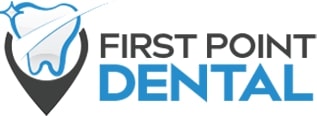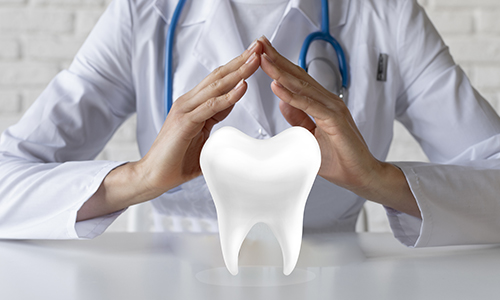Does Dental Insurance Cover Preventive Care?
Keeping your teeth healthy plays an important role in keeping your overall health in check. That is why preventative dental care, including regular dental cleaning and maintenance of your oral health is important for a healthy smile and body. Read about dental Insurance cover preventive care.
What Is Preventative Dentistry?
Preventive Dental Care has long been a crucial part of dentistry as it includes actions taken by the patients to reduce the chances of developing oral health concerns such as tooth decay or gum disease. These are uncomfortable to experience and expensive to treat. Preventative care helps maintain a healthy smile throughout your lifetime, which in turn is crucial for overall well-being. Preventive Dentistry includes a combination of regular dental check-ups, professional teeth cleanings, and maintenance of healthy habits like daily brushing with a fluoride-based toothpaste, flossing, and maintaining a healthy diet.
What Services Are Typically Provided in Preventive Dental Care?
- Diagnostic services such as regular oral check-ups (every 6 months) and getting dental X-rays to spot early signs of oral issues.
- Professional dental cleanings – to remove the dental plaque or tartar build-up on teeth (both above and below the gum line)
- Fluoride treatments (especially for children) to strengthen tooth enamel prevent tooth decay
- Dental Sealants – These are a type of dental covering placed on the top of the permanent molars to prevent the decay inside the grooves naturally created in our teeth.
- Space maintainers (only for children)
- Patient education by the general dentist or a dental hygienist includes the teaching of proper brushing and flossing techniques and the use of any oral hygiene aids
- Counseling for nutrition and cessation of tobacco smoking or chewing
- Preventive resin restorations or tooth decay arresting medications are applied to teeth (only in special cases i.e. in children who are at high risk of developing tooth decay).
Will My Dental Plan Cover Preventative Dentistry?
About 75-77% of Americans have dental benefits, but this can differ from dental insurance. A dental plan offers insurance benefits for some services entirely, some partially, and some not at all. Since preventive dental care is an important component of your oral health and general health, so many dental insurance plans cover it by up to 100% with zero out-of-pocket expenses or negligible deductibles. In some cases, your annual dental coverage may not adjust against your chosen preventive dental care services. In this case, you must talk to your insurance provider about the claims provided for different preventive dental care services under your plan. Typically, oral evaluations and teeth cleaning, dental sealants, fluoride treatments, and annual dental X-rays are the preventive dental care services covered in the majority of insurance plans.
When you are choosing your dental plan, make sure you go through information about coverage for preventive and diagnostic dental services and you understand the frequencies and limits for preventive dental care each year, otherwise you may have to pay out-of-pocket. For instance, you may only claim money from your insurance providers for your biannual teeth cleanings and your insurance may cover only certain types of X-rays such as bitewing for a limited number of views. Moreover, fluoride treatments are only considered preventive for children under a specific age, so adults cannot claim insurance for fluoride treatments.
In your initial dental visit, even if you have purchased dental insurance, you may be required to make payments such as deductible and co-payment or pay for any services that you know are not covered by the insurance plan. In any case where the insurance providers do not pay the bill for any of your dental services, then the balance becomes your responsibility. For generating medical bills, you must provide accurate information about your insurance coverage and validity. If the insurance providers need proof of the treatment rendered, then a dentist written report or X-ray report explaining the reason behind the treatment may be submitted. The time taken to process the claimed insurance money by the insurance company varies.
Generally, dental plans fall into the following categories:
- Direct Reimbursement– Regardless of the type of treatment you receive, a pre-arranged percentage of the cost of your dental care would be provided back to you in a certain period.
- Usual, Customary, and Reasonable Programs– These set out a customary or reasonable fee for dental appointments and they will make the payment for a decided amount for any kind of treatment or for the actual fee of your dentist-whichever is less.
- Schedule of Allowance Plans- These are offered for specific insurance-covered services for which a predetermined amount is paid irrespective of the fee charged by the dentist. The leftover fee must be paid by you as a part of your personal expenses.
- Capitation Programs- These typically pay a contracted group of dentists a fixed amount for each family member and/or beneficiary who is requiring any dental treatment. The dentists who are outlined in the dental plan’s accepted dental professionals will then give details about the treatments for which they offer no charge or small co-payments.
At First Point Dental in Chicago, we work hard to ensure that our patients have access to cutting-edge preventative dental care treatments. If you want to schedule a visit or have questions regarding preventative dental care and want to know more about what is preventive dental care coverage, call us at 888-736-6430.

